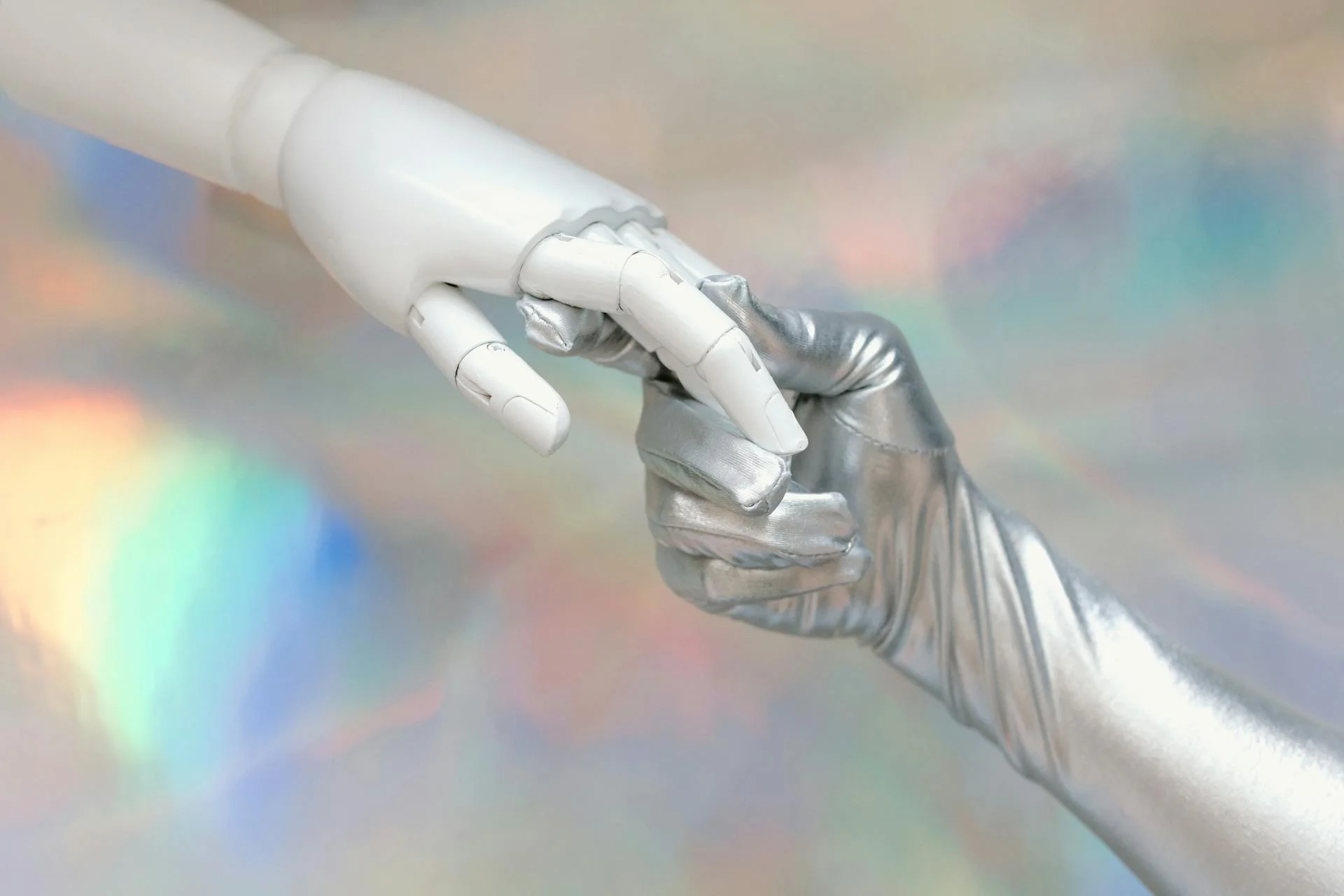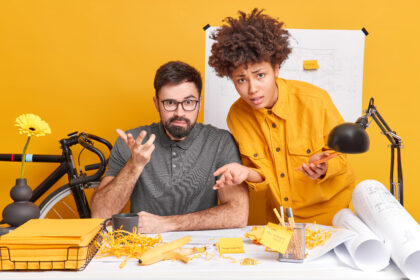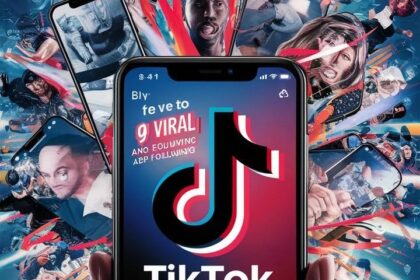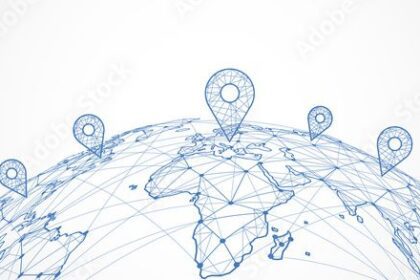In the past, creative work was often a labor of love long hours, countless drafts and trial and error iterations. Today a quiet revolution is unfolding. Artists, designers, writers and filmmakers are tapping into the power of Artificial Intelligence to unlock new possibilities, amplify their vision and work at a speed and scale once unthinkable. But this isn’t about replacing creativity it’s about supercharging it.
The New Creative Partnership : AI + Human Vision
AI has moved far beyond being a tool for automation it’s now a collaborator. From generative design platforms that propose hundreds of concept variations in seconds to AI writing assistants that refine tone and structure, creatives are using machine intelligence as an extension of their own capabilities.
“I doesn’t make the art for you. It helps you explore 100 roads at once and then you choose the one worth walking“
says Lina Haddad, a Dubai based creative director blending AI and traditional design.
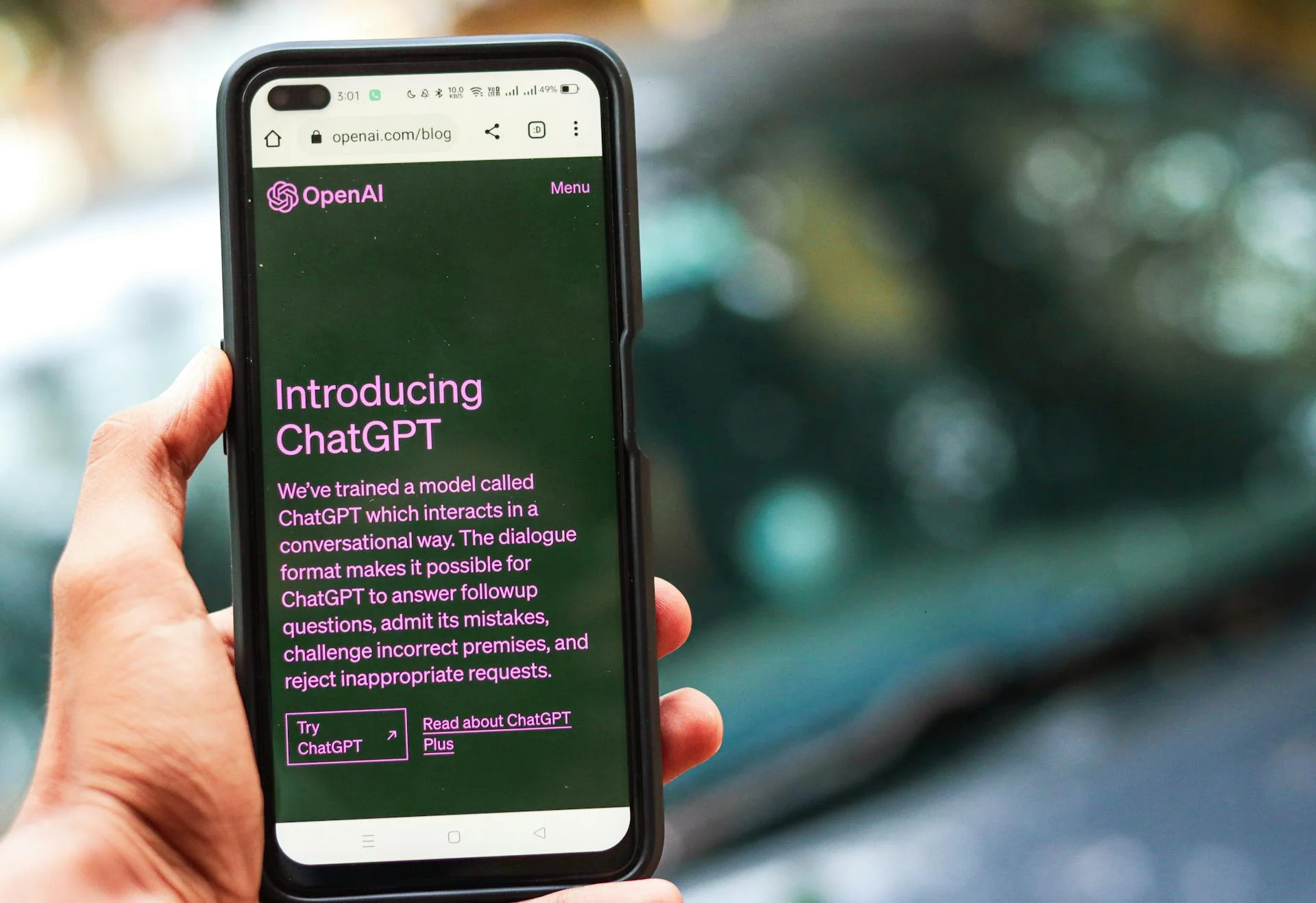
Boosting Productivity Without Losing Soul
Automating the Repetitive
Video editors now use AI to auto cut raw footage, balance audio levels, and even suggest color grading tasks that previously consumed hours. This frees more time for storytelling and emotional depth.
Enhancing Research & Brainstorming
Writers and journalists are tapping AI to instantly pull historical data, compare trends and generate idea prompts. Instead of spending days sifting through archives, they now focus on weaving compelling narratives.
Rapid Prototyping
Fashion designers leverage AI-powered pattern generation to produce dozens of fabric variations instantly, test them virtually and move straight to physical prototyping with greater confidence.
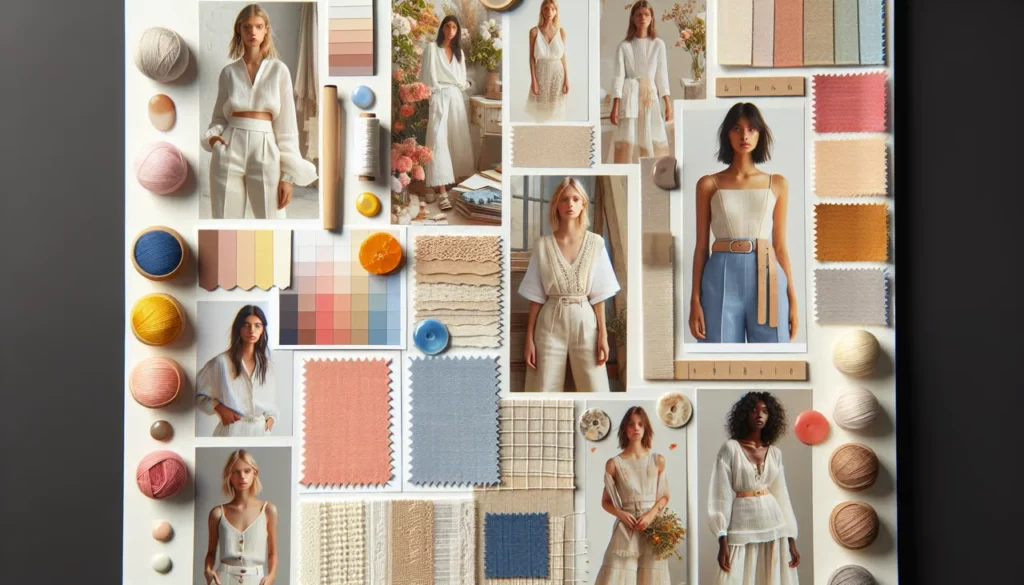
Personalization at Scale
The age of “one size fits all” creative output is fading. AI enables hyper-personalization ads, digital art or music tailored to individual tastes at a massive scale.
Global brands now run AI-driven campaigns that adjust visual tone, language and cultural references depending on where and to whom the content is served. A single campaign can look and feel entirely different in Riyadh, New York or Tokyo without losing brand coherence.
Breaking Creative Blocks
Every creative knows the frustration of staring at a blank page or canvas. AI tools can generate prompts, visual concepts or melodic progressions that act as springboards for new ideas.
” It’s like having an infinite brainstorm partner always ready, never tired “
notes Karim Al Mansoor, an Abu Dhabi-based screenwriter.
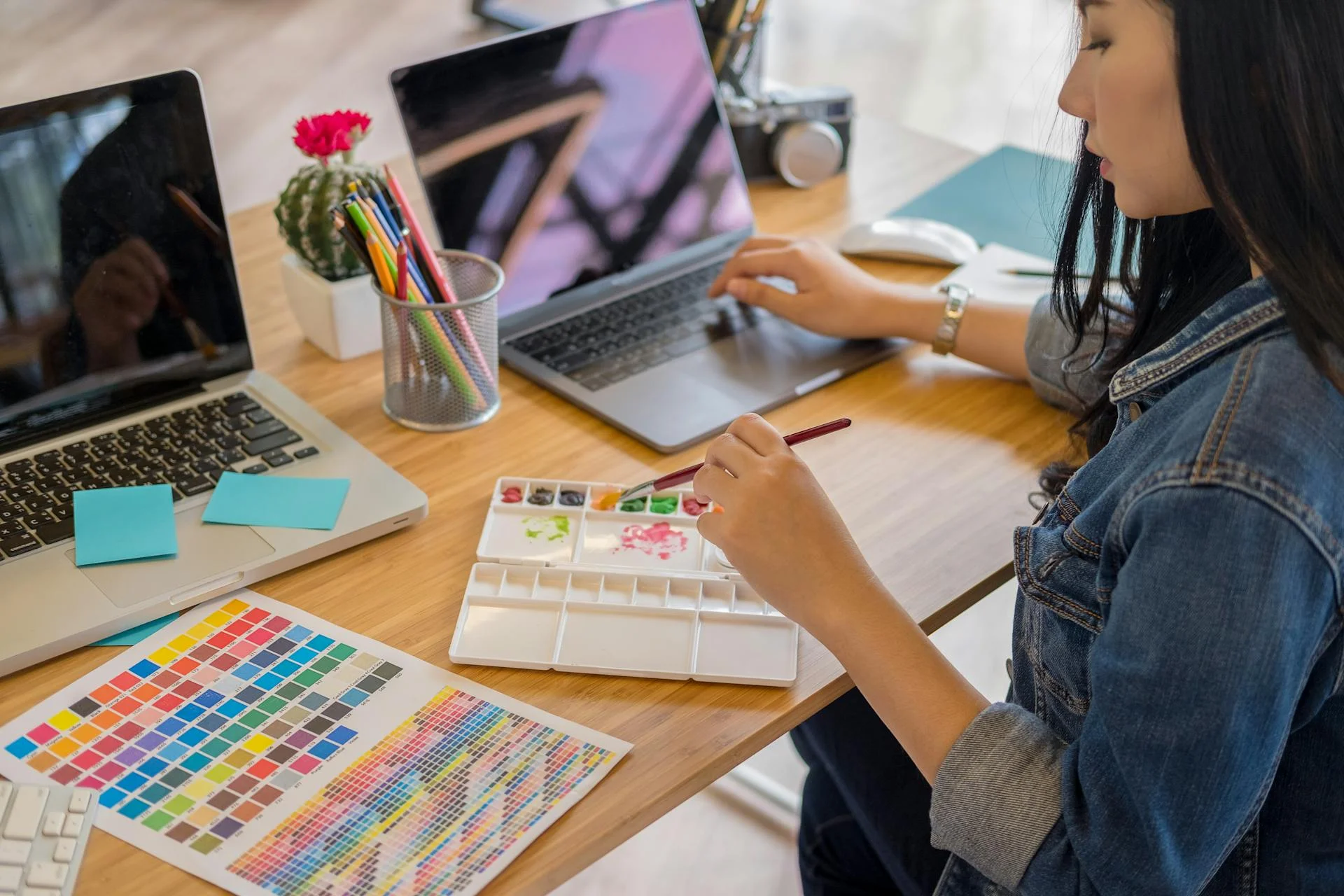
Ethics, Authenticity and Ownership
While AI opens new frontiers, it also demands new rules. Questions around copyright, plagiarism, and artistic integrity are intensifying. Leading creatives emphasize transparency disclosing when AI was used, ensuring datasets are ethically sourced and making the final human touch unmistakable.
Global organizations, including the World Intellectual Property Organization (WIPO) are already working on frameworks to protect both creative rights and AI innovation.
The Future – Creativity Without Borders
The next wave will see AI enabling real-time multilingual collaboration allowing a film editor in Cairo, a composer in Berlin, and a visual effects artist in Seoul to work together seamlessly, with AI translating ideas and assets instantly.
By removing barriers of time, distance, and language, AI could create a truly global creative ecosystem where inspiration flows without limits.
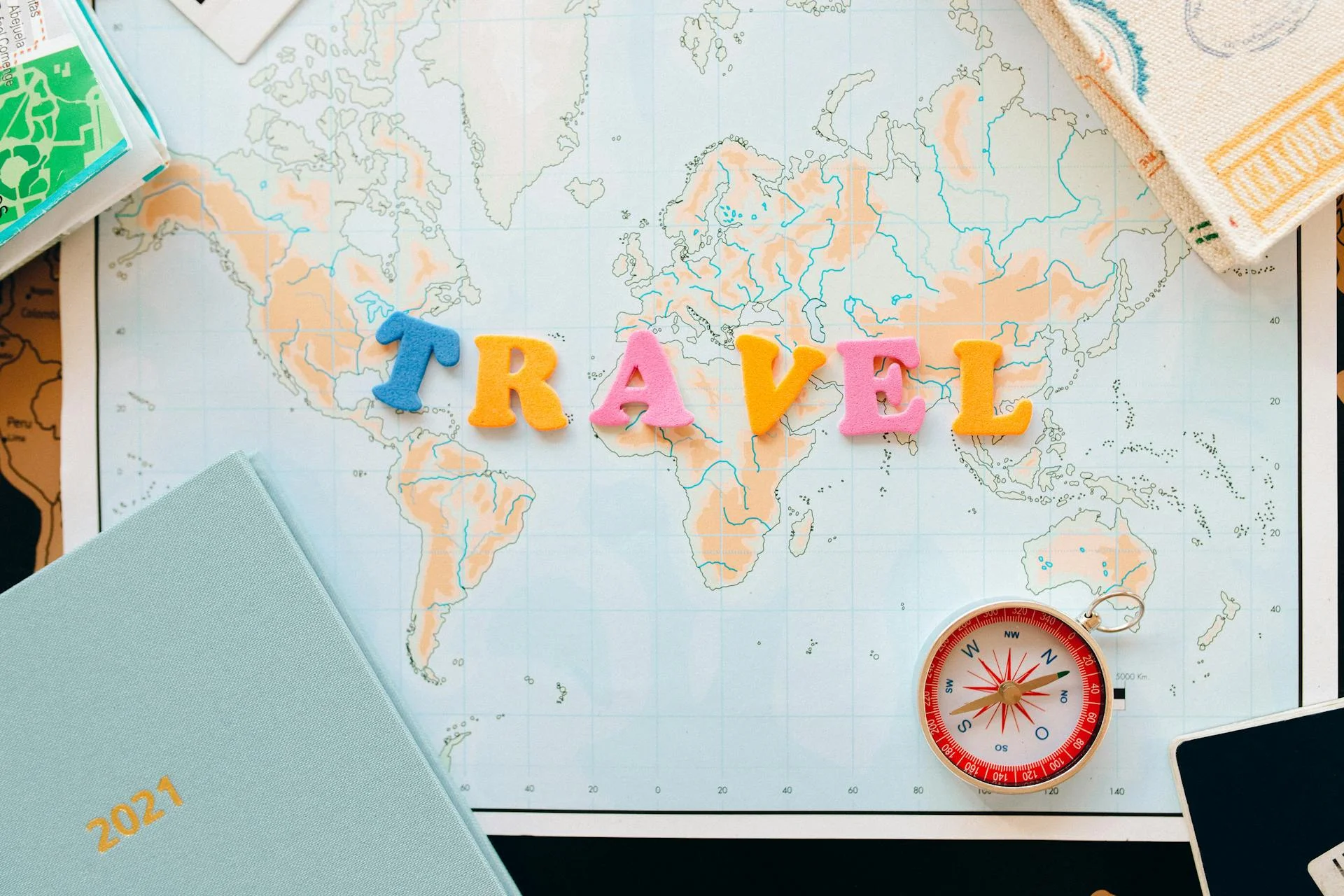
Conclusion
Creatives who embrace AI as a partner not a rival are finding they can dream bigger, move faster and focus more on what truly matters: the story, the feeling, the human connection.
The ones who thrive in this new era won’t be those who work harder, but those who work smarter balancing machine precision with human imagination.
FAQ
Will AI replace human creatives?
No. AI enhances efficiency and exploration but human vision, emotion and cultural context remain irreplaceable.
What AI tools are most used by creatives?
Popular ones include Adobe Firefly, Midjourney, Runway, Jasper and Descript.
How can creatives protect their work when using AI?
By using ethically sourced tools, maintaining documentation of the creative process, and staying informed about evolving copyright laws.
Can AI help with creative inspiration?
Absolutely. Many creatives use AI for ideation, generating prompts and visual experimentation.
Is AI use in creative work accepted globally?
It’s growing fast, but cultural, legal, and industry-specific acceptance varies by region.

